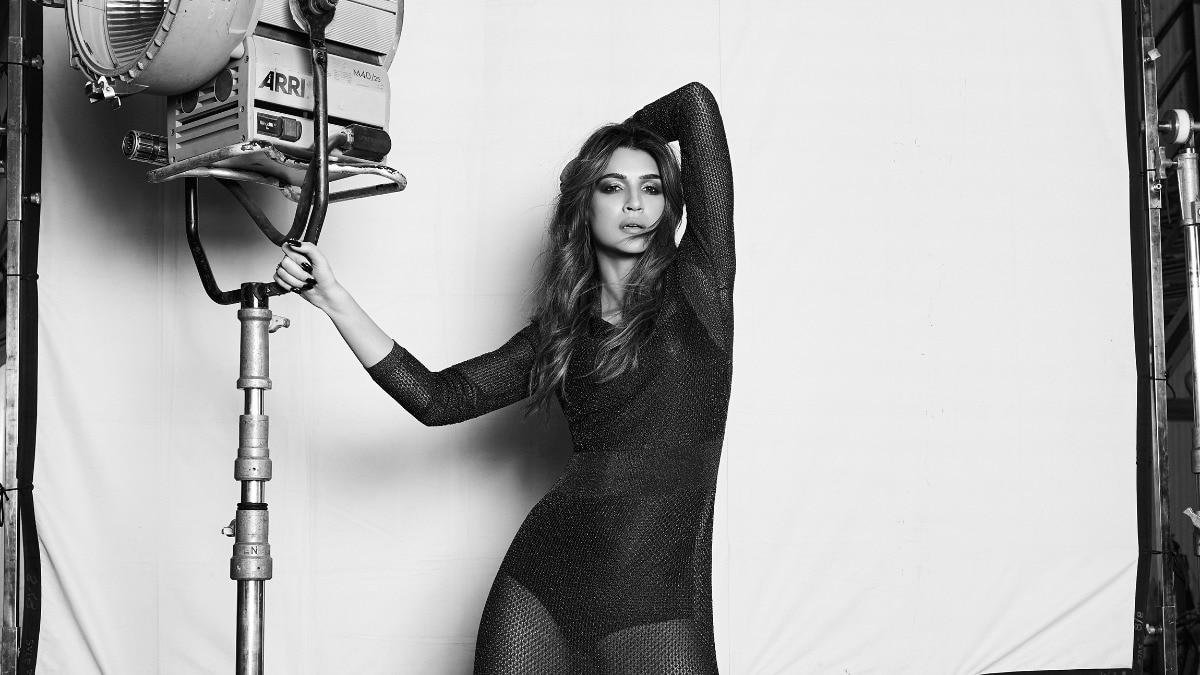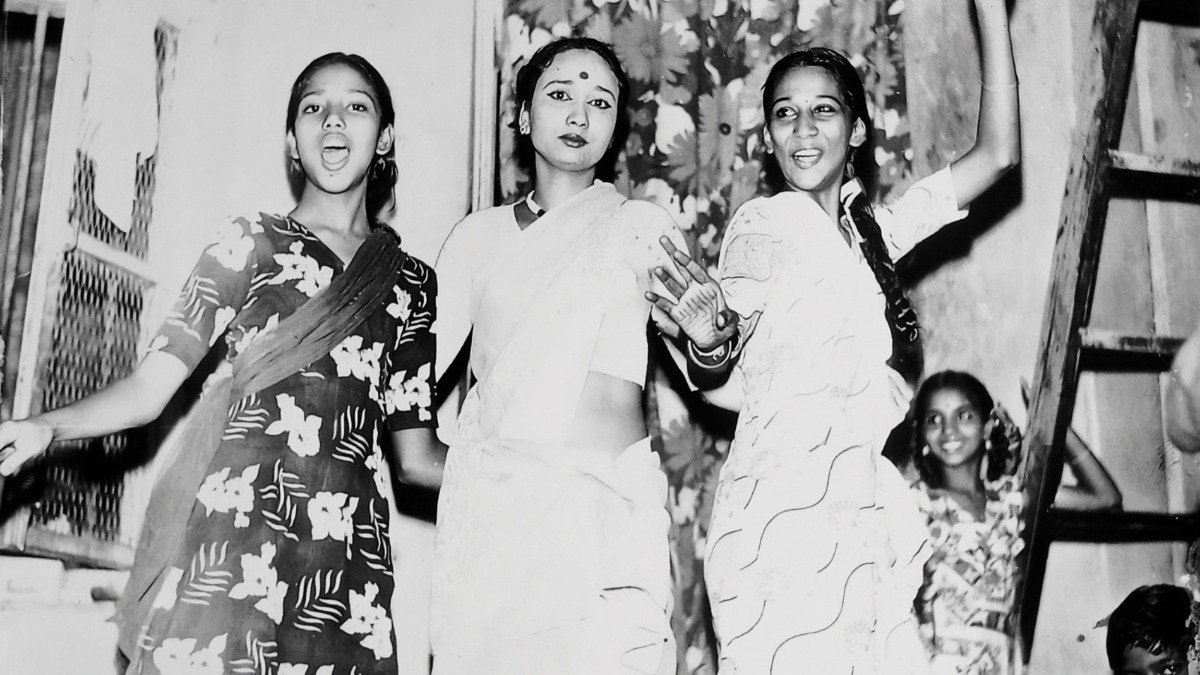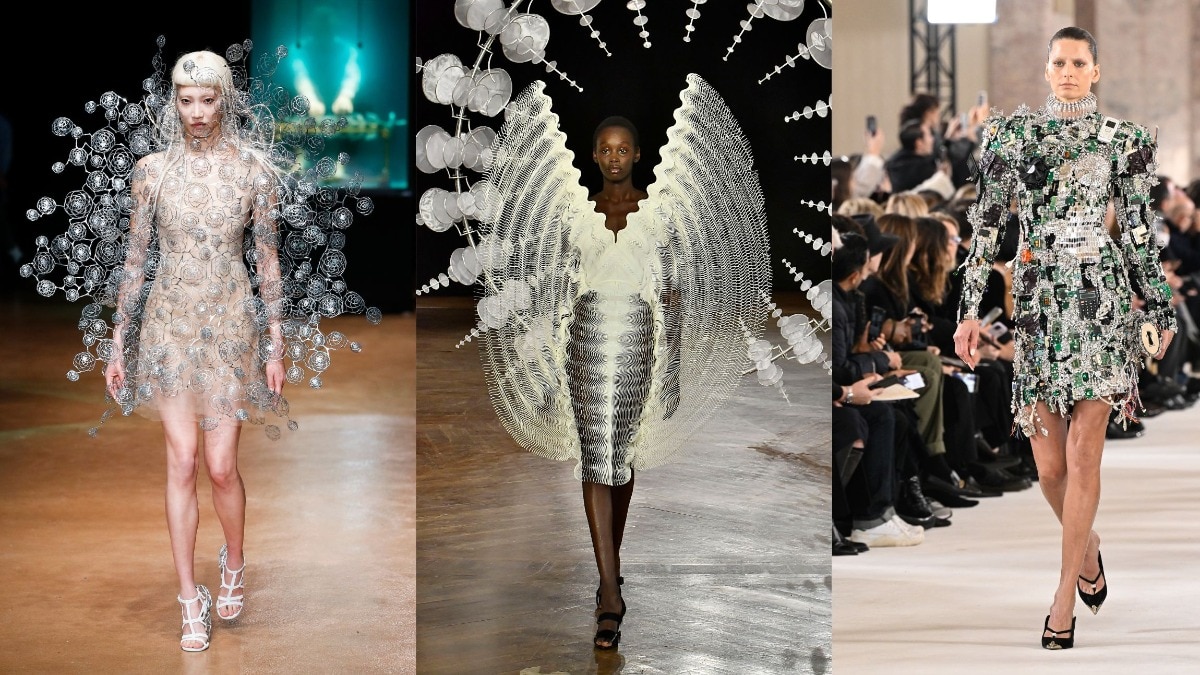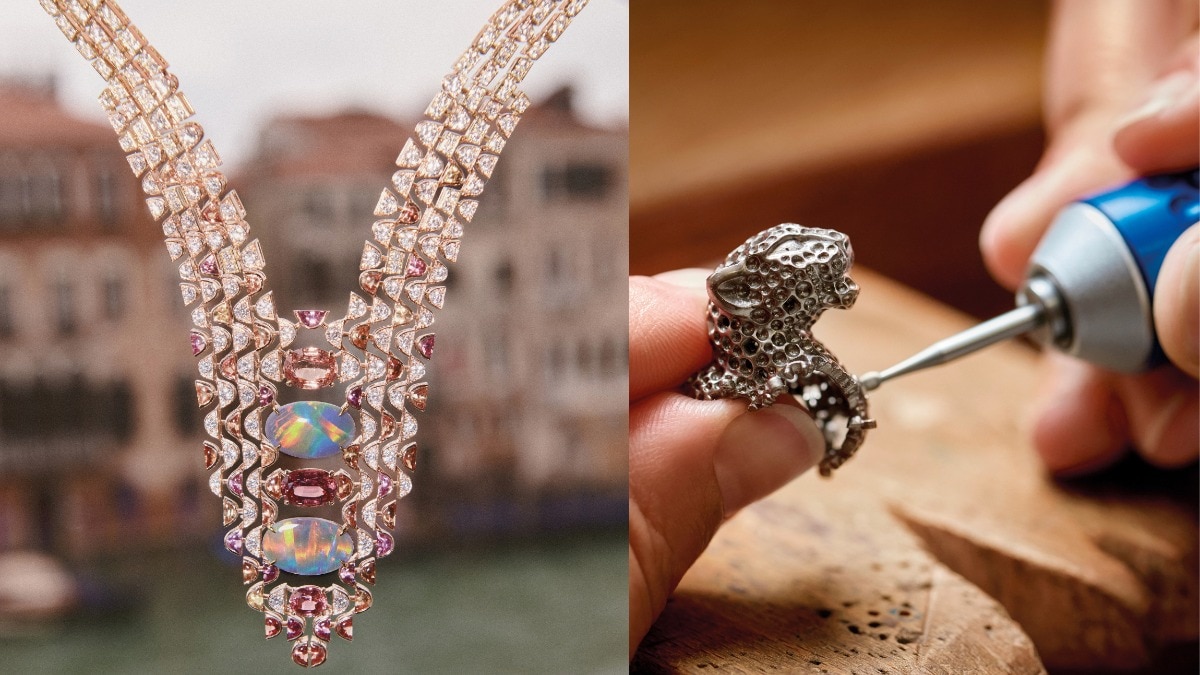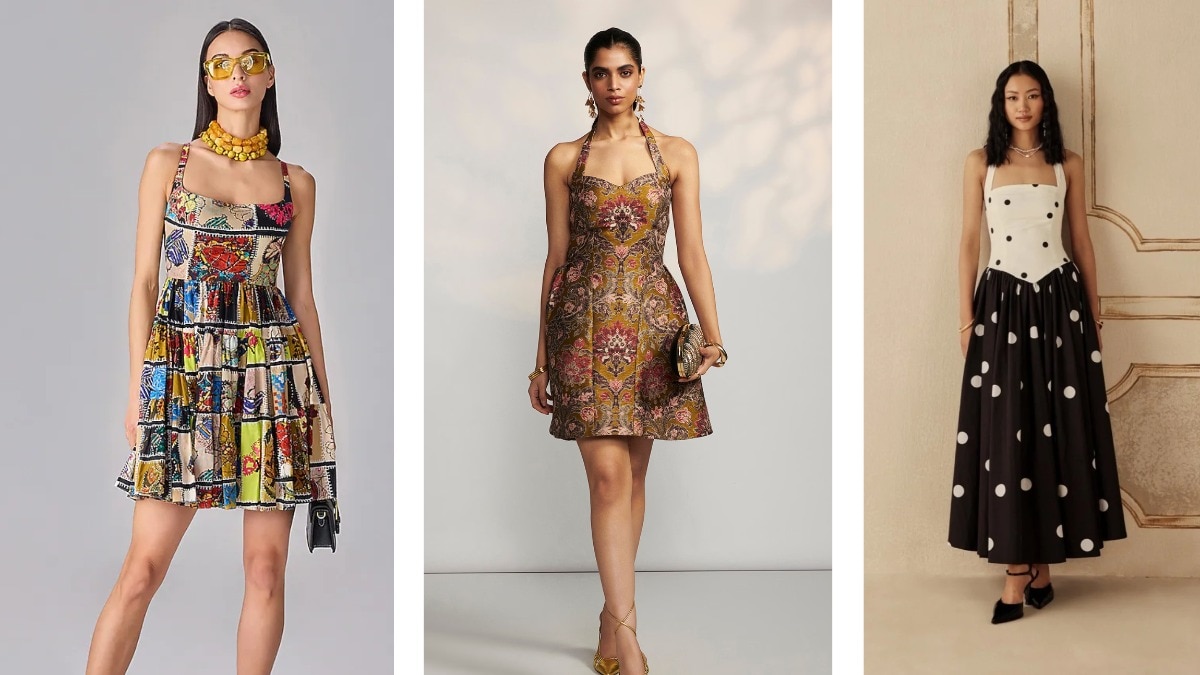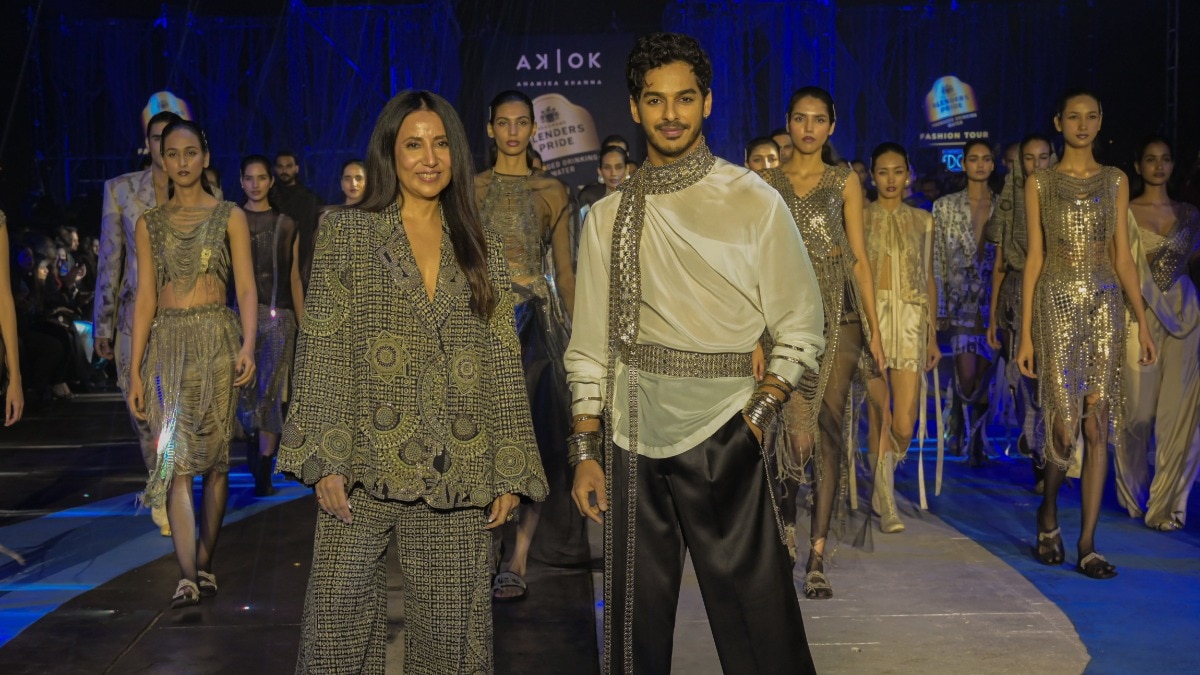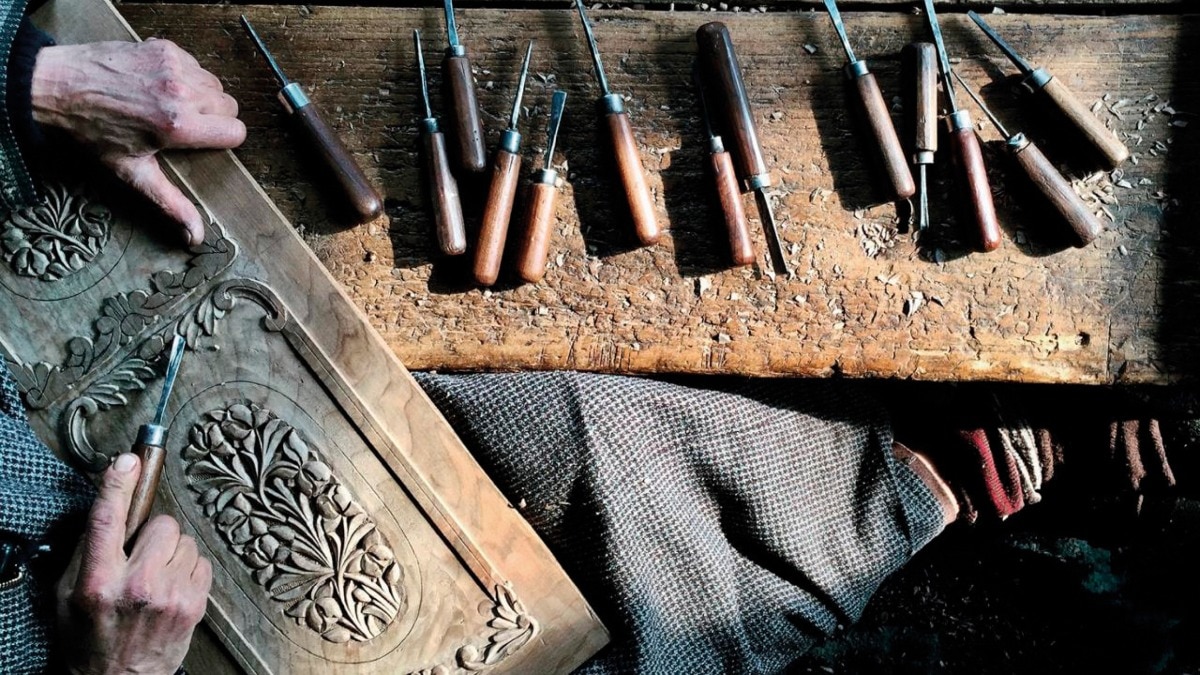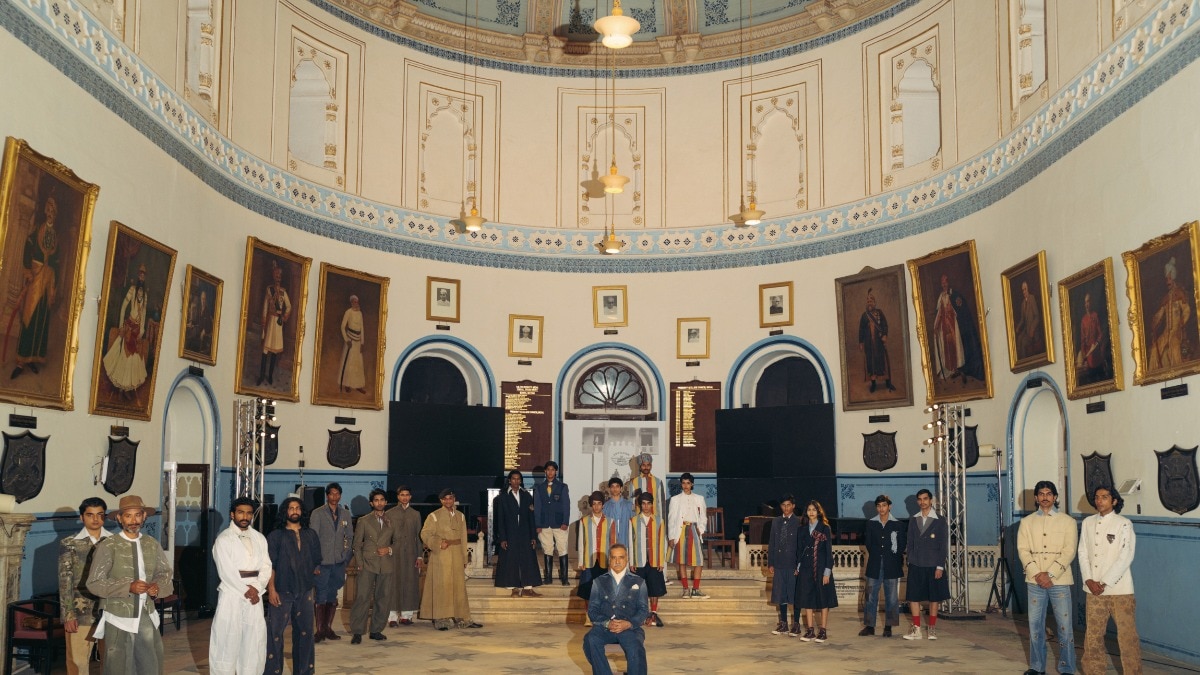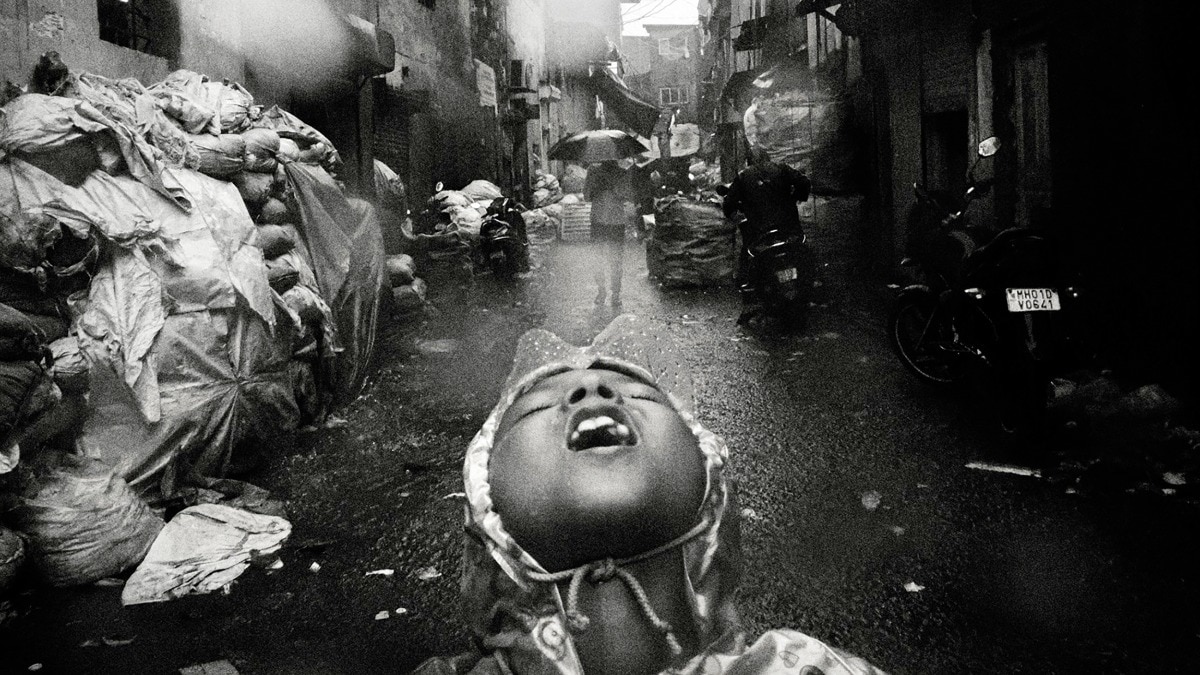For Jay Shetty, love is all about self-love, shifting gender roles, and ending the search for 'the perfect one'
Love in modern times...


Dressed in a baby pink lehenga and shiny earrings, I sat in a quiet corner of a hotel, where I was attending a big fat Indian wedding. The whole day was filled with an abundance of love which worked its way into my conversation with Jay Shetty about love, relationships, and more. It was a rather serendipitous coming together of a celebration and exploration of love.
As clichéd and corny as it may sound, Shetty needs no introduction. Positive and graceful are the only couple of words I would use to describe his persona and the energy he radiated. For the uninitiated, Shetty is known worldwide for his podcast, ‘On Purpose with Jay Shetty’, his books—his latest, Eight Rules of Love, is a guide to every stage of romance—and his Instagram is bound to leave you smiling. But most of all, he’s known for is unending desire to fulfil his purpose and be of service to others. Here’s what this inspirer had to say.
Harper’s Bazaar (HB): What led you to write this book and what inspired it?
Jay Shetty (JS): It was my fascination with an area that is so important for our personal well-being and mental health, but is often not given enough attention to. We talk about our physical and mental health, but our relationship health has such a big impact on our well-being. Studies show that people in successful, long-term relationships have lower levels of stress, are less likely to experience depression, and are more likely to have better cardiovascular health. But most of us, today, are experiencing depression and higher stress, which means our relationships are not having the impact that they should have on our lives. So, I was really interested to research, learn, and then share and guide how our relationships can be better for our mental health and well-being.
HB: What was your process of compiling and writing all you had learnt? And who would you say the book is for?
JS: I always start with looking at ancient wisdom and texts. Then I look for scientific research about the subject—case studies, journals, etc. The third step is to look up strategies, steps, and the practical things that people can do; and there I pull on personal experiences, coaching, real life examples and so on. So, in all, you have ancient wisdom, modern science, and practical application.
The book is for anyone, at any stage of relationship—anyone who is looking for love, wants to start dating, wants to know how to keep the spark alive in a relationship, or is going through a tough phase in a relationship—but I think it will definitely benefit millennials and Gen Z.
HB: In a recent interview, you spoke about how the book focuses on romantic relationships to talk about other relationships in one’s life. Do you also speak about self-love in the book?
JS: Yes, the first section of the book is all about self-love and learning to build a connection with self; I think that's where love begins. We don't even realise it, but when you learn to love yourself, it helps you develop skills to love other people. We think of self-love as something that we just do for ourselves, but it is the pillar of loving other people and building healthier relationships.
HB: What, according to you, is more important than just being in love in a relationship? Is love enough or are there other components as well?
JS: I think love has four components—connecting with self, chemistry, compatibility, and character. I find that most of us are obsessed about the chemistry piece; we don't really connect with ourselves, we don't know whether we're compatible with other people, and we don't really know other people's character or even our own character. We focus on one quarter of the equation, but it is the three quarters of the equation that usually impact that one quarter that we obsess about.
HB: Do you think the perception of love changes across different ages?
JS: I think our perception of love doesn't change as much as it should. Some of us still have quite young views of love. We want love to be how we see it in the movies or when we were growing up or like how we think a celebrity couple has. I wish our perception of love will change more, actually.
HB: How does one navigate issues of self-respect, ego, and boundaries when it comes to relationships?
JS: Usually, we only look at the surface level of what our partner or we want, as opposed to understanding why we want what we want. So, I think it's important to understand the root of their behaviour and what they are asking for and then decide based on that.
For example, if your partner is lazy, which you may not be comfortable with, instead of being angry or upset about that, it's healthier to find out why they are lazy. Is it that they were never encouraged? Or no one believed in them? Where did that come from? When we learn more about why a partner is the way they are, it helps us put our ego aside and create a way that works for both.
HB: I am reminded of the reel with you and Radhi, where she asks you about how you don’t get annoyed when she asks you to get a glass of water, even when it could be right next to her...
JS: If I look at it on a superficial level, it's just annoying. But if I realise that there's something that she's looking for behind it, then I can do that. And I know that it's not just her being demanding.
HB: How do you think the pandemic has affected our perception of love?
JS: I don’t think we're aware of the full ramifications of the pandemic on love yet. But I do think that it made us feel less intimate and less close with others. We lost touch with a lot of people—family, friends, communities—and there's a lot of rebuilding that needs to be done. That's also one of the reasons why I wrote this book.
HB: Do you think we've become so narrow minded about love that we need to redefine it?
JS: Definitely. We think of love as something we share with just our partners, and maybe with our kids, but actually you can share love with people at work, with a stranger through kindness, with someone in need through compassion...
HB: If you had to redefine love for the times that we’re living in, what would it be?
JS: I’d redefine love as liking someone's personality, respecting their values, and helping them achieve their goals. That, to me, is real love. Most of us just want to make people fall more in love with us, it’s quite selfish, I think. For me, when you love someone, they fall more in love with themselves, not more in love with you. Imagine you really love someone so much that they fell more in love with themselves because they see their potential and see in themselves what you saw in them. That's real love.
HB: Do you think there is such a thing as a perfect couple?
JS: No, I don't believe in a perfect couple, or even a ‘perfect person for you’. I believe that love is about making it work with someone, and the more we focus on that, the more it's going to work. Seventy per cent people believe in a soulmate, and I think that it is a tough idea, because it means we expect that one day we're just going to find someone who's going to tick all our boxes. I think, you just have to find someone that you want to create, grow, and build with.
HB: Your book is called Eight Rules of Love. Out of the eight, which ones are your favourite?
JS: My favourite is: Don't ignore your karma. I feel, many of us ignore the lessons from the past and thus, keep repeating the same mistakes in relationships. They keep dating the same type of person. The other two really interesting and helpful ones are: ‘your partner's your guru’ and ‘your purpose comes’.
HB: How do you stay consistent in putting out content on social media in such a positive manner?
JS: I'd say that everything that I'm doing is coming from a deeper place of service. This is what I want to do. This is what I believe I was born to do. It's not work. For me, it is love, it is service, it is purpose. And I have an amazing team. One of the things that I've focused on building in the last four years is an incredibly talented team and wanting to surround myself with people who also have a purpose and are on a mission to serve the world in a meaningful way. I wouldn't be able to do it without them.
HB: How do you deal with moments of anxiety or stress?
JS: Usually, I will be alone and try to make sense of how I feel about who I am, the opportunity, and whatever is going on. I try and make sense of it inwardly before I do anything with it outwardly. I work on anxiety through reflection, introspection, and solitude, as opposed to being around too many people.
HB: Recently, you also spoke of shifting gender roles and love. Could you elaborate a little bit on that?
JS: It’s simple. I know so many couples, where women are the breadwinners and men are staying at home, taking care of the kids. I really believe that we need to go beyond genders in relationships, and treat people as humans, and see what they want to do and who they want to be. People should be doing what they're passionate about. Radhi and I always talk about playing to our strengths and skills in our relationship. We talk about how it is going to make our life better. Because if we both play to our strengths, chances are, we can overcome our weaknesses. But if one looks at it only through gender-based roles, then, sometimes, they may miss out on the potential that lies within that individual.
If you have a house together, you will have to do things you don't like, but we should always try and play to our strengths in a relationship. For instance, there's no point in someone managing the finances if they're not good at knowing how to do the finances. And obviously, one person should never end up doing all of it, because that's when relationships become unhealthy.
HB: How do you think love has evolved over the generations?
JS: I think people expect way too much from love now—especially, from romantic love—and that's making it really hard for people to be in healthy relationships. I think in the past, your friends, your family; everyone played their role in your life. And today you just want one person to make you happy. I think it’s too much pressure, because no one person can make you happy. I would encourage more people to build a good support system around them—have great friends and family that you can and like spending time with. For example, my wife discusses different things with her sister, her mom and me. If she only came to me, I would never be able to live up to it, because I can't solve every problem. I think it's important for people to have a wider support system.
HB: What's your headspace right now?
JS: I'm excited that the book is finally out after working on it for so many years. And I'm really excited for the tour. After the tour, I wish to go inward again, take a break, reflect, and introspect on how it all went. And plan again for what I want to work on next.
HB: You inspire people to keep going every single day; what keeps you going purposefully?
JS: I love reading and studying myself. I'm always fascinated by new ideas and people's stories of change. When I meet someone, and they say, ‘Hey that video helped me through a really dark time in my life, or that podcast stopped me from committing suicide, or that video helped me get over my ex-boyfriend’, it keeps me going; hearing just one person pour their heart out to you. And what also keeps me going is knowing that there's a lot of pain and suffering in the world, but there's equally a lot of good in the world and I want to be a spokesperson and an ambassador for that good. If I don't, then I'm going to feel overwhelmed by what's happening in the world. I think the problems of the world become intolerable, when you're not trying to be a part of the solution. So, I'm just trying my best.
HB: How do you show love? And what are the things that make you feel loved?
JS: I love showing love by noticing people's potential and making them aware about it. And I love being loved by people trusting my intention. I don't always get everything right, but I feel loved when people say ‘yeah, I know Jay’s a good guy and he genuinely cares about what he does.’ That means a lot to me. That's how I like to be loved.
HB: What makes you happy?
JS: Living a life on purpose and service, and feeling like I'm doing what I was born to do.

